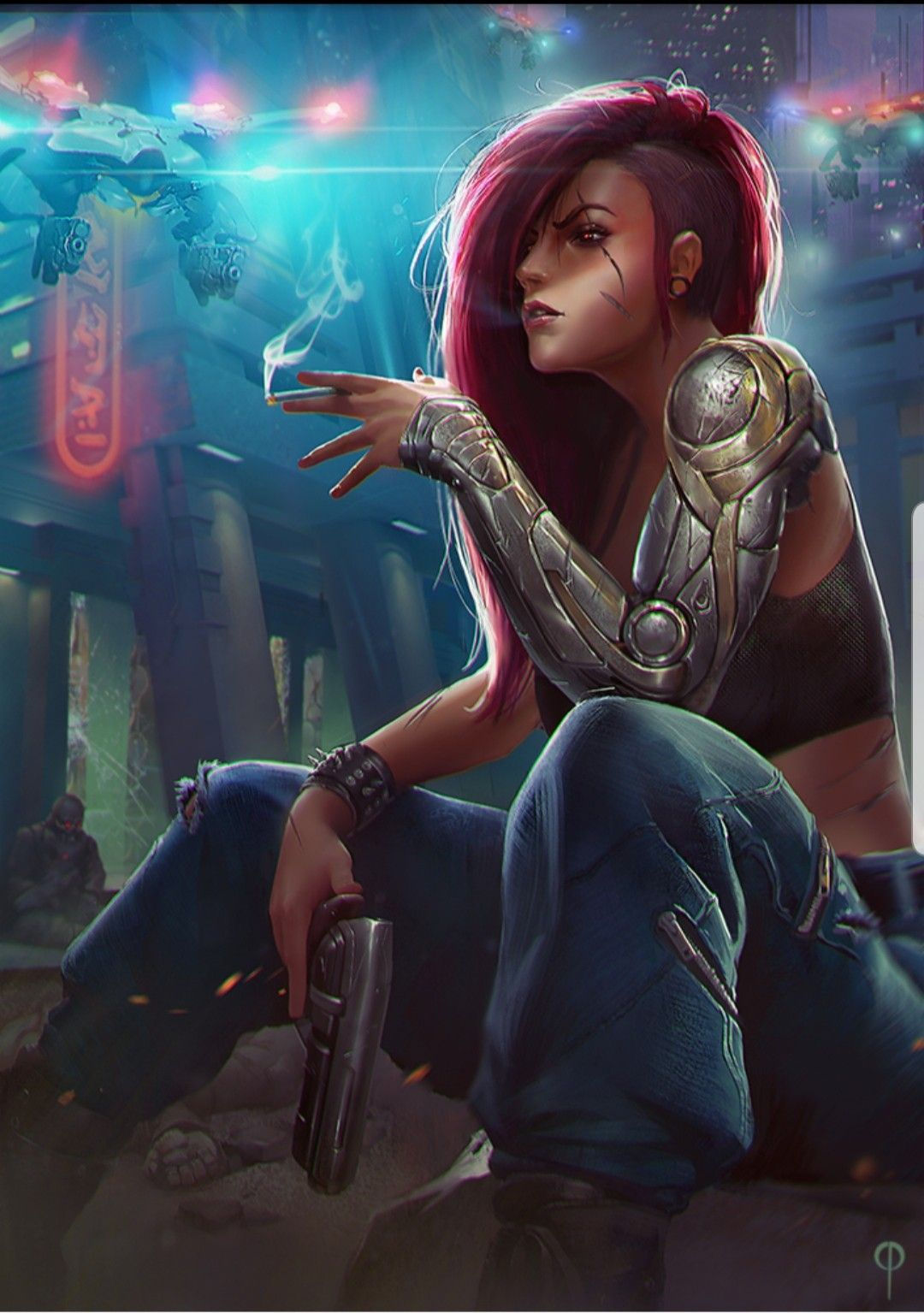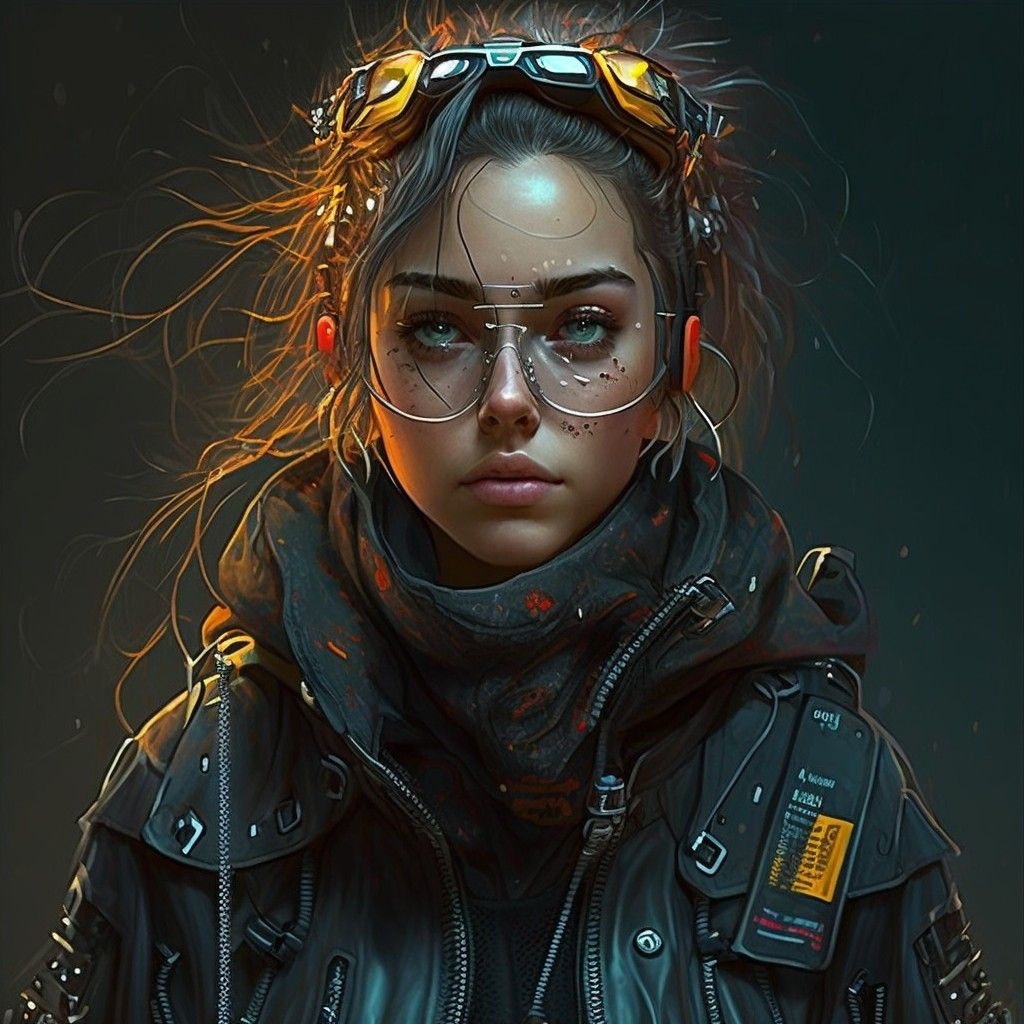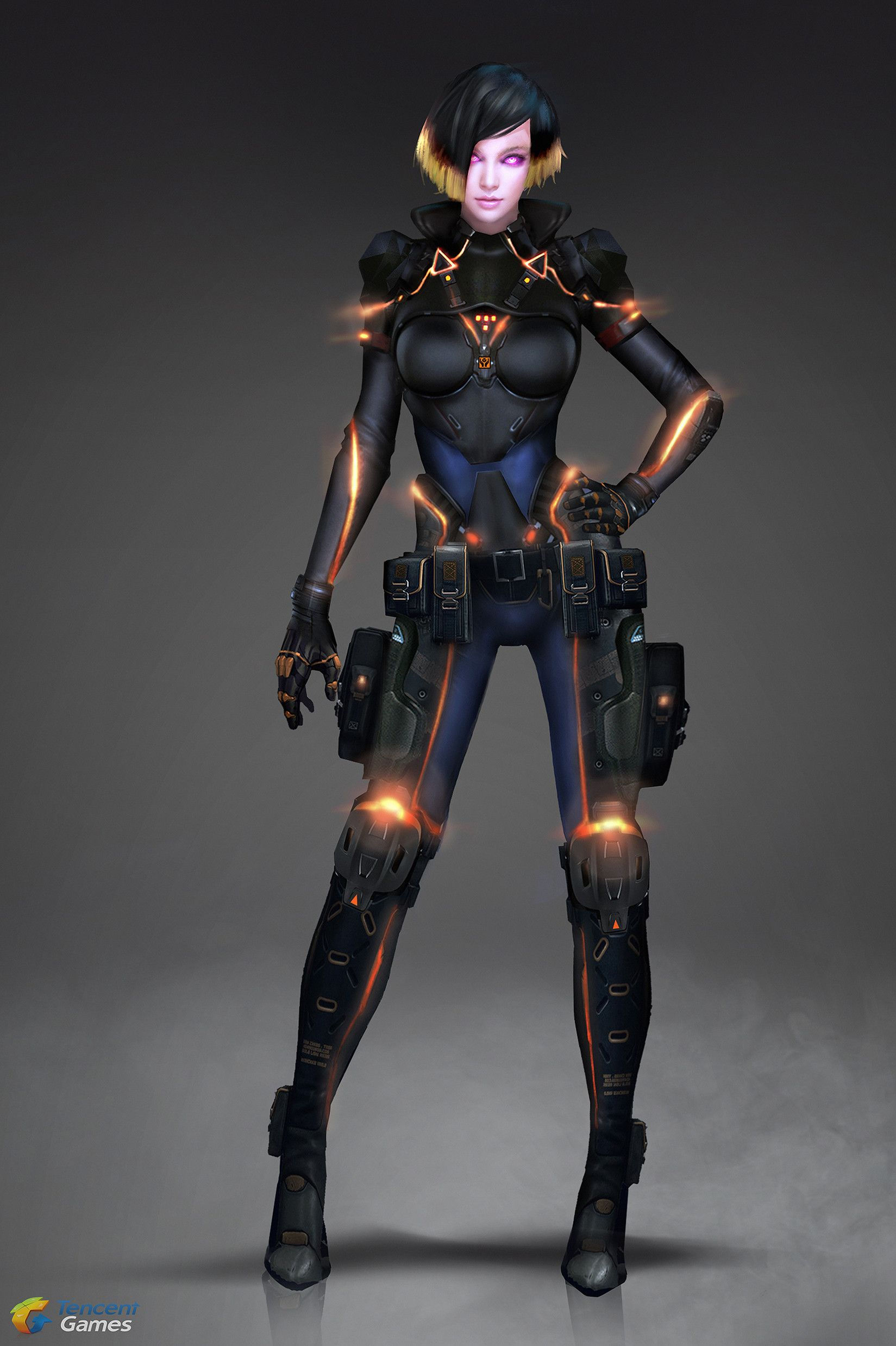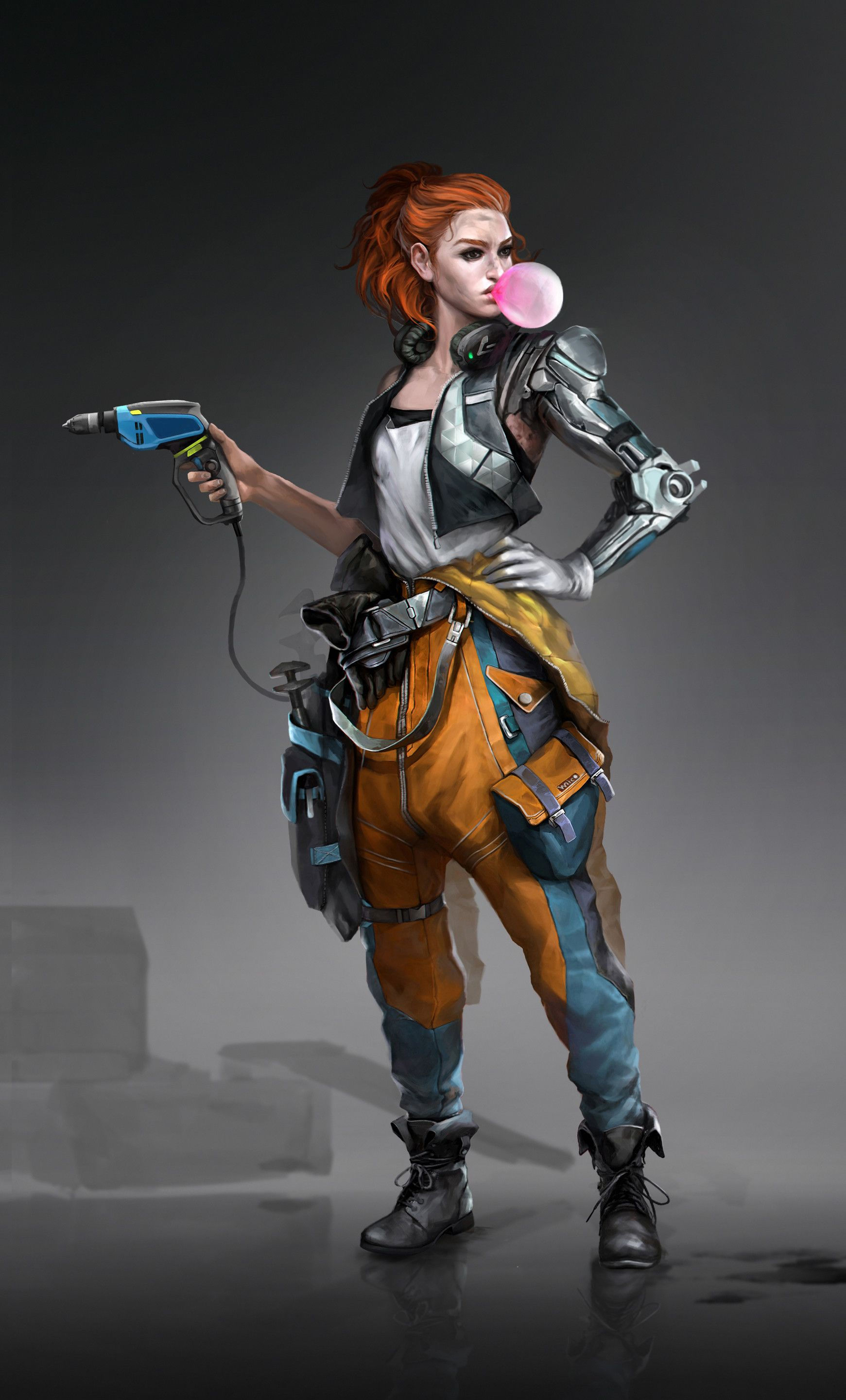The Future of Warfare
The future of warfare is a topic that has been debated for centuries. Some believe that war will become increasingly mechanized, with robots and drones fighting on behalf of humans. Others believe that war will become more decentralized, with small groups of guerrillas fighting against larger, more powerful forces.
There is no doubt that technology will play a major role in the future of warfare. However, it is important to remember that war is a human endeavor, and that the decisions made by individual soldiers and leaders will ultimately determine the outcome of any conflict.
One of the most important factors that will shape the future of warfare is the development of artificial intelligence (AI). AI-powered systems are already being used in a variety of military applications, such as surveillance, target acquisition, and logistics. In the future, AI is likely to play an even more significant role in warfare, as it becomes more capable and autonomous.
AI-powered systems could potentially revolutionize the way that wars are fought. For example, AI could be used to control swarms of drones that could overwhelm an enemy's defenses. AI could also be used to create autonomous weapons systems that could operate without human intervention.
However, there are also concerns about the potential dangers of AI in warfare. For example, AI systems could be hacked or manipulated by malicious actors, which could lead to unintended consequences. Additionally, AI systems could potentially become so powerful that they could pose a threat to humanity itself.
Another important factor that will shape the future of warfare is the rise of non-state armed groups. These groups, which include terrorist organizations and insurgent movements, are often more agile and adaptable than traditional state militaries. They are also often willing to use unconventional tactics, such as suicide bombings and asymmetric warfare.
The rise of non-state armed groups has made it more difficult for traditional militaries to fight and win wars. In the future, it is likely that these groups will continue to play a major role in warfare, and that they will pose a significant challenge to state militaries.
The future of warfare is uncertain, but it is clear that technology and the rise of non-state armed groups will play a major role in shaping it. It is important to be aware of these trends and to consider their potential implications.


























































